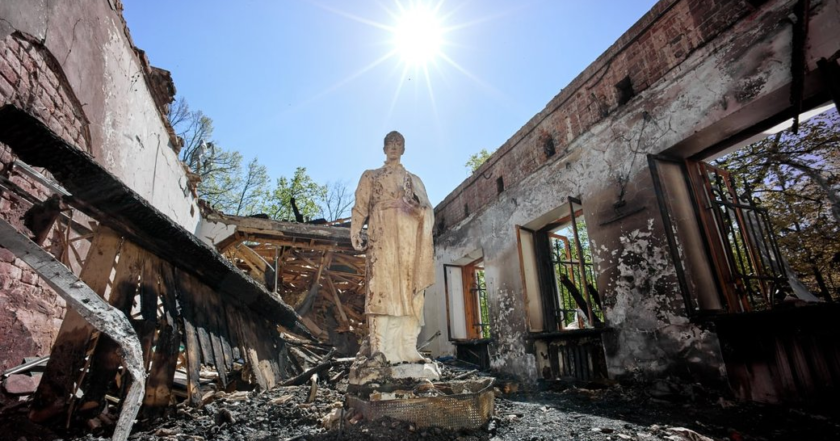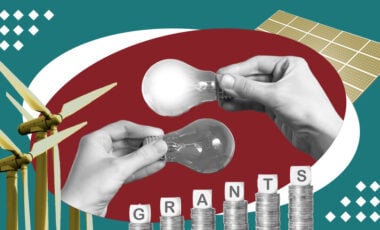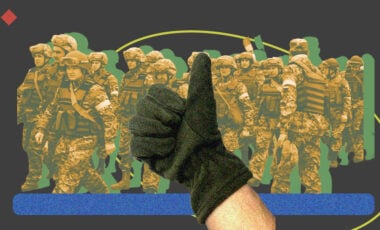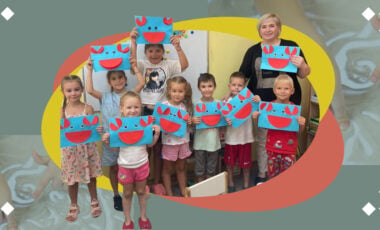Ukraine needs about $100 bln to rebuild cultural infrastructure

Russia's war against Ukraine has damaged or destroyed 1,373 cultural institutions and more than 550 cultural monuments so far.
Deputy Minister of Culture and Information Policy of Ukraine Halyna Hryhorenko stated in an interview with the leading Austrian newspaper Die Presse that the reconstruction would require about $100 billion.
"According to our statistics, 1,373 cultural institutions have been damaged or destroyed today: libraries, museums, theaters, philharmonics, and art schools," the deputy minister said. "More than 550 cultural monuments and more than 200 religious buildings have been damaged or destroyed."
Hryhorenko said an essential part of Ukraine's work is "damage documentation per international standards." Buildings are being conserved to prevent destruction, with further restoration after the victory.
"According to the approximate calculations of the World Bank, cultural reconstruction will cost $100 billion," Hryhorenko said.
The official also spoke about the Russians looting Ukrainian museums and libraries in the occupied territories. For example, they stole up to 70% of exhibits from museums of Kherson Russian forces occupied from March 2022 to November 2022.
"Thefts of works of art are systematic in nature," the deputy minister said, adding the theft happened both in Mariupol, Donetsk region, and Melitopol, Zaporizhzhia region, both occupied at the moment by Russian troops. "We know about it from open sources, but it has not been officially confirmed. It will be difficult to bring the Russians to justice for this. They keep the stolen exhibits in Crimea," the official said.
Hryhorenko stressed that "the Russians want to erase the Ukrainian language, our culture, our national memory and replace it with Russian." Hryhorenko gave an example of the targeted shelling of the museum of the Ukrainian philosopher Hryhorii Skovoroda in a small village in the Kharkiv region, which took place in May 2022. There was no military facility near the museum.
Hryhorenko also noted that currently, Ukrainian art is trying to get out of the shadow of the Russian Empire while positioning itself in the world. "We are still too often looked at through Moscow glasses as part of the Russian or Soviet empire," she said. "This also affects the history of art. Many artists who were born, grew up, and studied in Ukraine in the past were mistakenly called Russians: Kazimir Malevich or Ilya Repin. We are now active in many world-class museums – in New York or London. Ukrainian art is emerging from the shadow of the empire."
The deputy minister stressed that Ukraine wants "to have its voice, its stage, and we want to tell the story of our art ourselves."
"The director of the Russian Museum Hermitage, Mikhail Piotrovsky, considers the exhibitions of his institution as 'special operations.' We need to act wisely and find our ways," she said. "It is unacceptable for us when Western cultural managers now want to unite Ukrainians with Russians for a 'peaceful dialogue.'"
The deputy minister added that it is impossible for Ukrainians to "conduct a dialogue with representatives of the state that kills our citizens." "After the victory, after receiving compensation, it could be possible to conduct a dialogue," Hryhorenko said.


















































